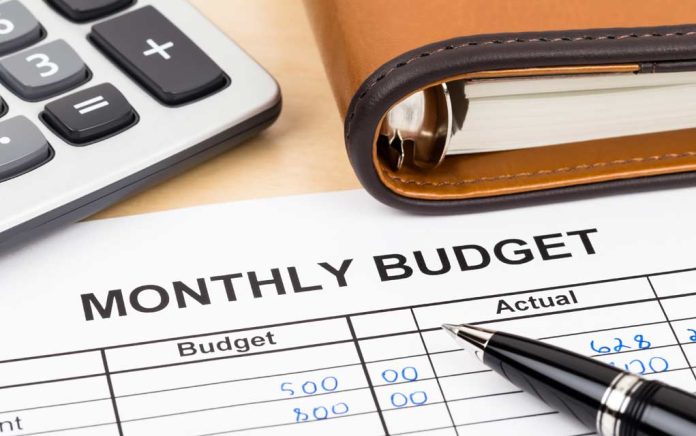
Smart Quiz: What Are the Best Ways to Organize Your Budget?
- Compare Incoming and Outgoing
- Enter the Data from Receipts
- Determine Needs vs. Wants
- All of the Above
Answer: All of the Above
Ah, budgets, the dreaded “B” word; striking fear into the hearts of people everywhere! They really shouldn’t, though. Creating a budget is an important step in taking control of your finances. With a little practice, you’ll be analyzing (and maybe even celebrating) your spending habits like a pro in no time.
Tips To Make Your Budget Work
Entering Your Receipts: Keep the receipts for every purchase you make. Tracking all of your purchases, no matter how small, each week helps you to get an idea of where your money is going. Some people recommend doing this monthly, but the task will be more manageable — and something you are more likely to stick with — if you do it weekly instead.
Determining Your Needs vs. Your Wants: While you might feel like you need coffee every morning, you don’t need it from Starbucks. That makes it a want. It’s important to know the difference and really examine what you need to spend money on. You can easily make your own coffee at home, for example, for a fraction of what you’d pay at a major coffee chain. Cutting back on wants, like fast food or fashion magazines leaves more money in the budget for needs like groceries or household goods.
Comparing Income and Expenditures: Getting a handle on your budget will help you control your spending and start funneling money to things like savings, emergency funds and debt reduction. This means analyzing what you have coming in as income, from your full-time job and any side gigs, to alimony or child support in addition to what you are spending.
The goal is for the amount you spend each month to be less than the amount you earn. If you aren’t meeting this goal, you need to find ways to eliminate expenses without using credit to get by. If your income is greater than your expenditures, you’ll need to decide where to funnel the extra funds, whether it’s in savings, paying off debt faster or padding your vacation fund. You may also want to look into investing some of the excess.
Tracking your money is critical to understanding your spending habits. Start by creating a budget and you’ll find yourself on the path towards a healthier financial future.
~Here’s to Your Financial Health!





















